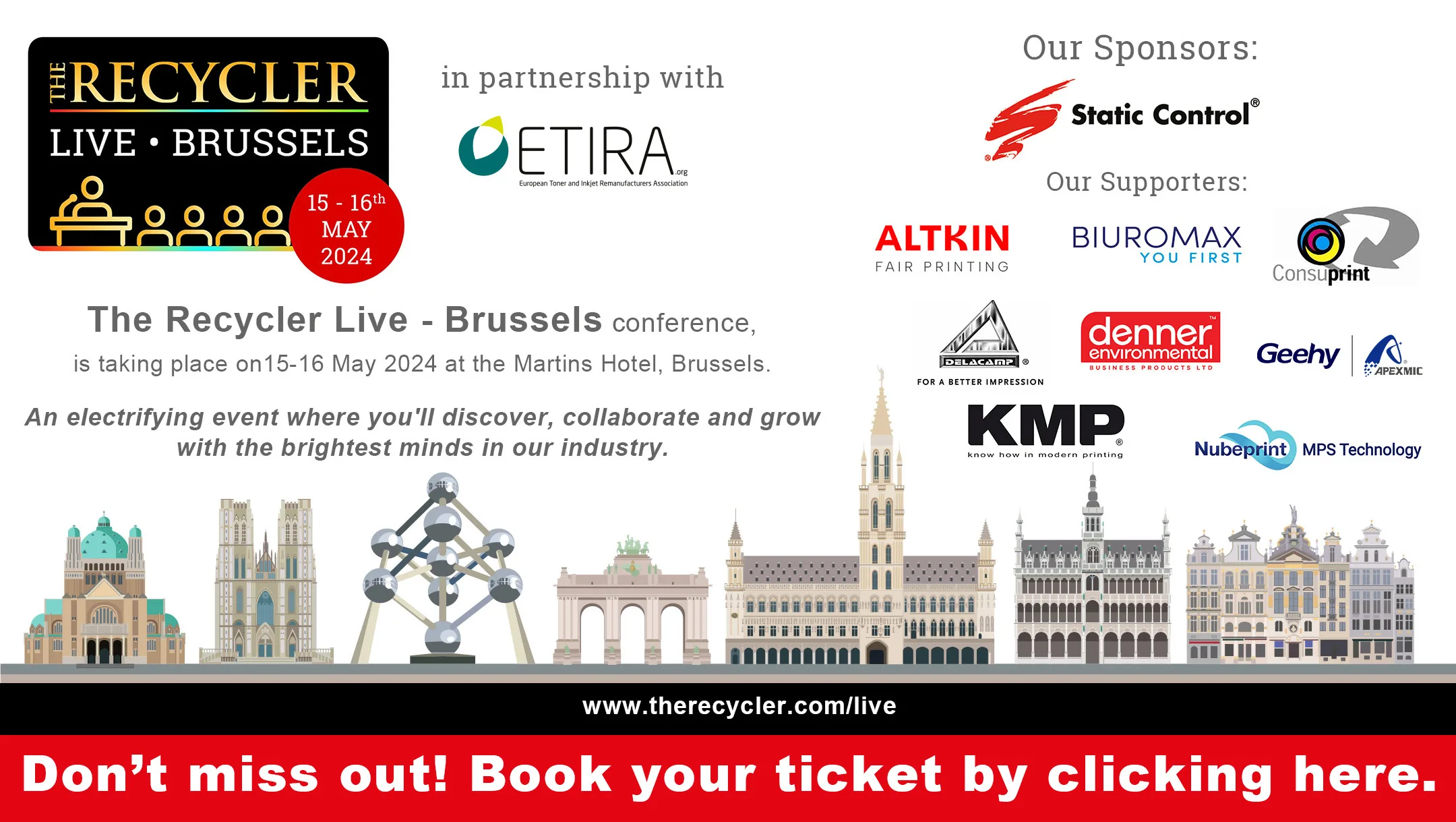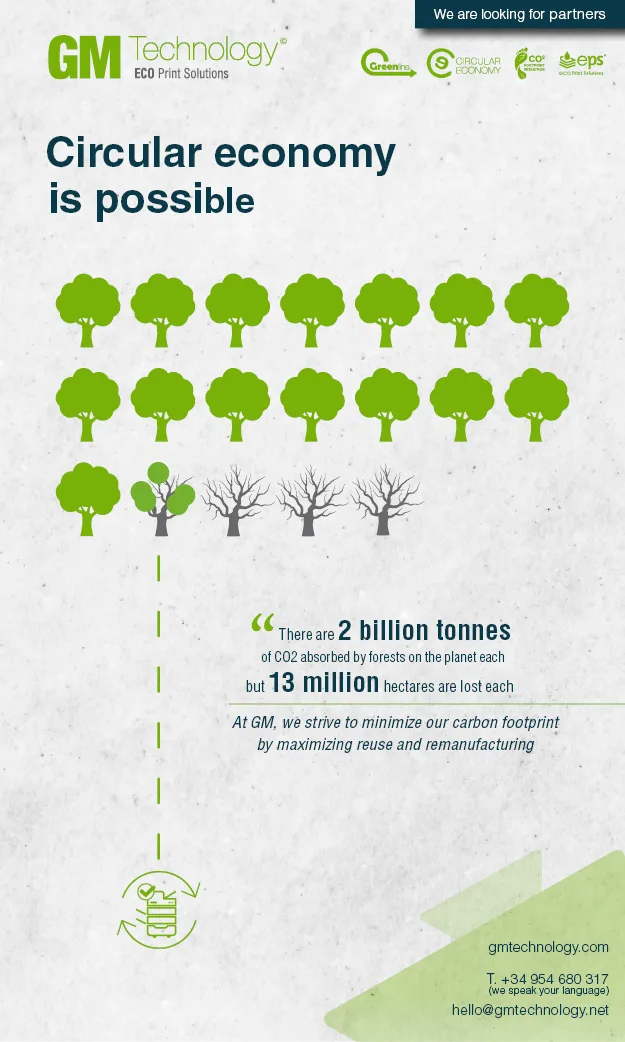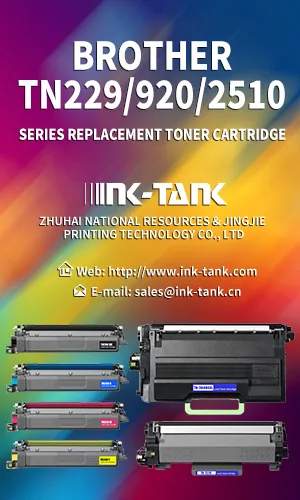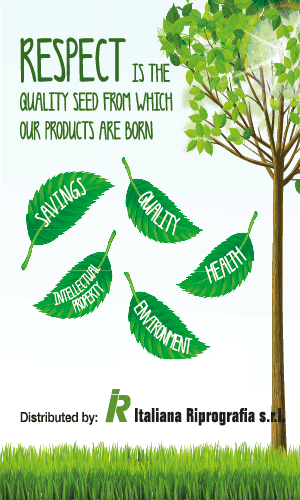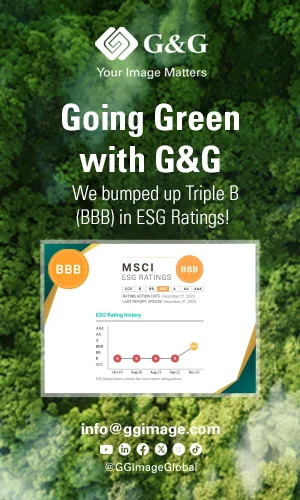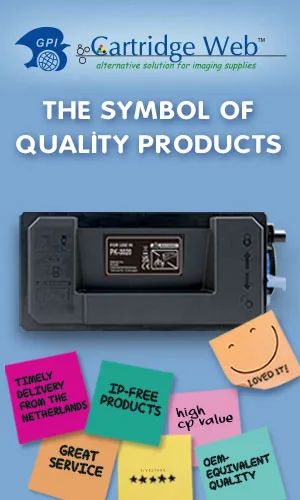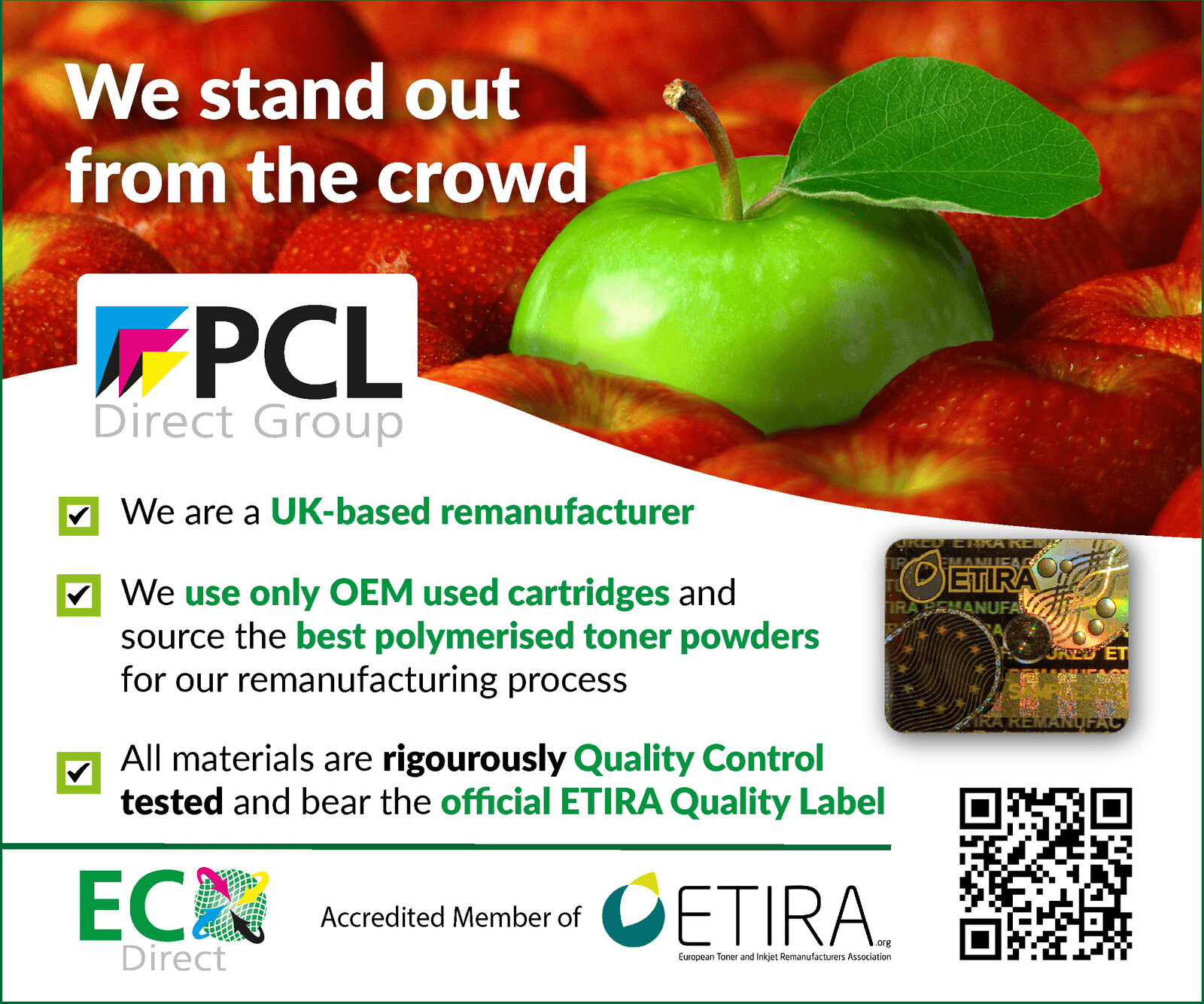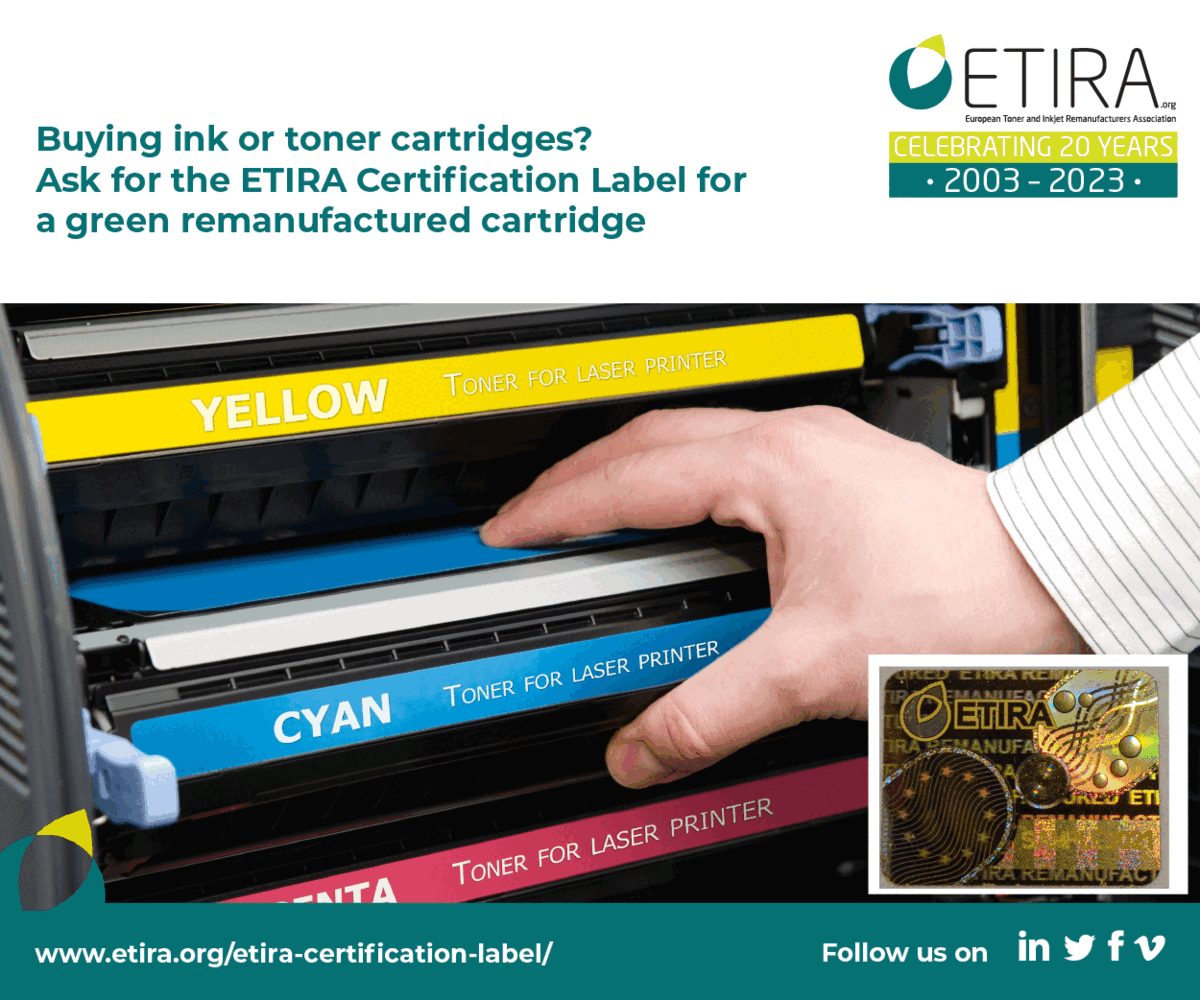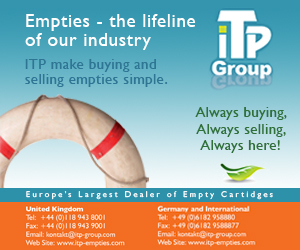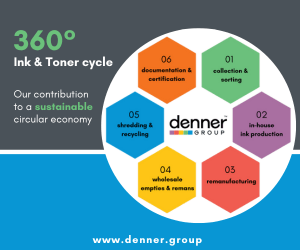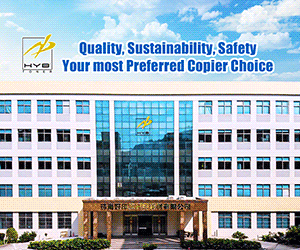MEPs call for binding 2030 targets for materials use and consumption footprint
January 28, 2021
 Parliamentarians step up the pressure to end the “take-make-dispose” economy and calls for binding targets for recycled content and that the EU policy on sustainable products should include non-energy-related products.
Parliamentarians step up the pressure to end the “take-make-dispose” economy and calls for binding targets for recycled content and that the EU policy on sustainable products should include non-energy-related products.
The EU needs clear policy objectives to achieve a carbon-neutral, environmentally sustainable, toxic-free and fully circular economy by 2050 at the latest, say the European Parliament’s Committee on Environment, Public Health and Food Safety adopted its report on the new EU Circular Economy Action Plan.
End the “Take-make-dispose” economy
MEPs emphasised that the current linear “take-make-dispose” economy must be transformed into a truly circular economy, based on a series of key principles such as preventing waste and reducing energy and resource use. Products should be designed in a way that reduces waste, harmful substances and pollution, and protects human health. The consumer benefits of a circular economy should be made clear, they say.
Binding targets and indicators
MEPs call for science-based binding 2030 EU targets for materials use and consumption footprint, covering the whole lifecycle of each product category placed on the EU market. To this end, they urge the Commission to introduce in 2021 harmonised, comparable and uniform circularity indicators for material and consumption footprints.
The Environment Committee also calls on the Commission to propose product-specific and/or sector-specific binding targets for recycled content, while ensuring the performance and safety of the products concerned and that they are designed to be recycled.
Sustainable product policy
MEPs strongly endorse the Commission’s intention to broaden the scope of the Ecodesign Directive to include non-energy-related products. They insist that new legislation should be put forward in 2021. This should set horizontal sustainability principles and product-specific standards so that products placed on the EU market perform well, are durable, reusable, can be easily repaired, are not toxic, can be upgraded and recycled, contain recycled content, and are resource- and energy-efficient.
Rapporteur Jan Huitema (Renew Europe, NL) said: “The transition to a circular economy is an economic opportunity for Europe that we should embrace. Europe is not a resource-rich continent, but we have the skills, the expertise and the ability to innovate and develop the technologies needed to close loops and build a waste-free society. This will create jobs and economic growth and bring us closer to reaching our climate goals: It’s a win-win.” Watch video statement.
Other key proposals by MEPs include:
- introducing measures against greenwashing and false environmental claims, as well as legislative measures to stop practices that result in planned obsolescence;
- championing the EU Ecolabel as a benchmark for environmental sustainability;
- strengthening the role of Green Public Procurement by establishing minimum mandatory criteria and targets;
- mainstreaming circular economy principles into member states’ national recovery plans.
In November 2020 The Recycler reported that the European Parliament has voted in favour of making products more durable and easier to repair and recycle calling on the Commission to grant consumers a “right to repair” by making repairs more appealing, systematic, and cost-efficient, whether by extending guarantees, providing guarantees for replaced parts, or better access to information on repair and maintenance.
They also insist on increasing support for second-hand goods markets, call for measures to tackle practices that shorten the lifetime of a product, and endorse sustainable production. MEPs reiterate their demand for a common charger system to reduce electronic waste and want products to be labelled according to their durability (e.g., a usage meter and clear information on the estimated lifespan of a product).
Our take on this
The biggest barrier to reuse in the imaging sector has been the linear “take-make-dispose” economy. Over the last few years, the green agenda has generally garnered full support across the EU, if not globally. The biggest challenge is to change mindsets. With up to 80% of products’ environmental impact is determined at the design phase, legislation is the only vehicle to deliver this change.
For the office imaging sector this will help break down barriers to reuse and create jobs and economic across the sector.
Categories : World Focus
Tags : EU EU Parliament Green Deal




